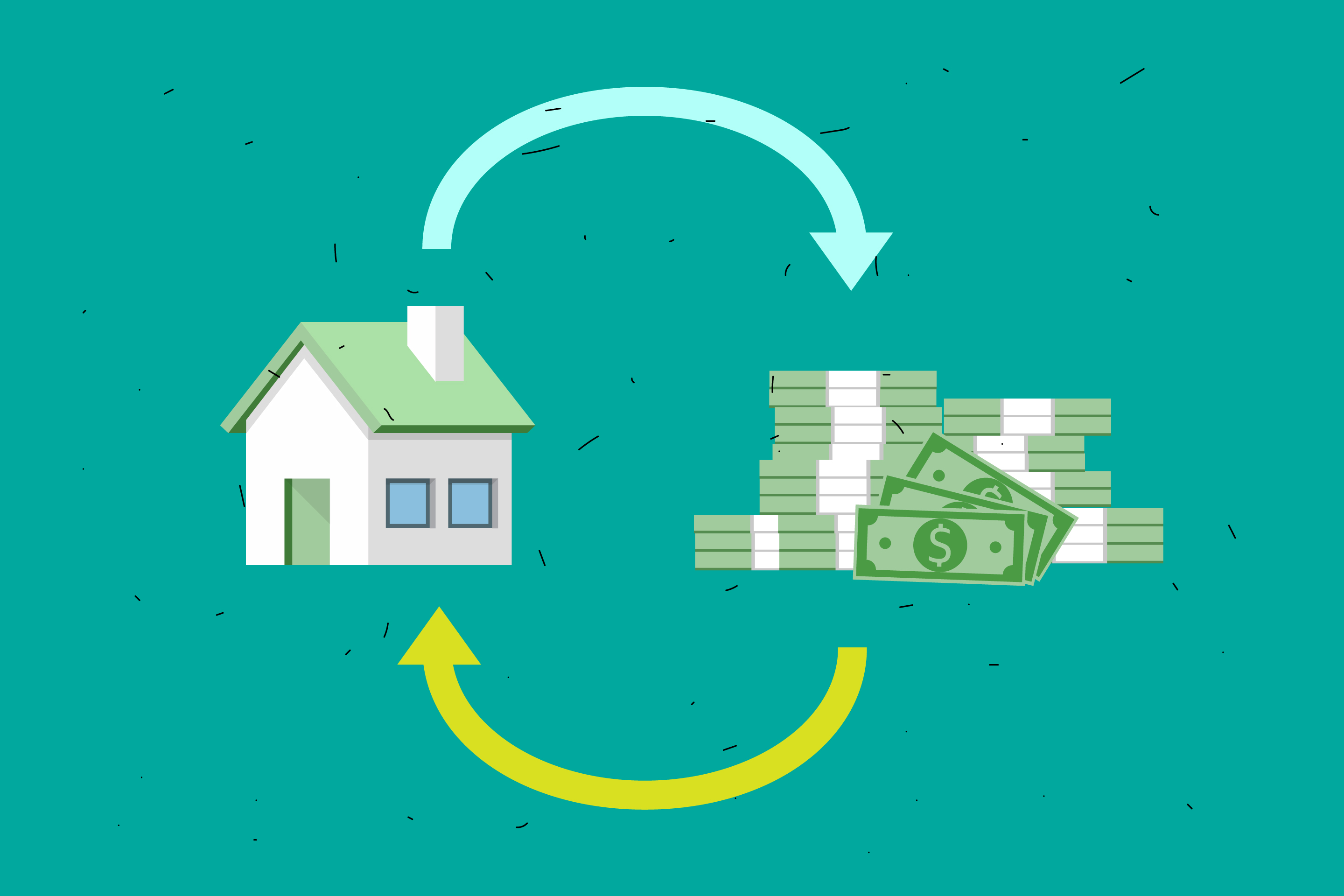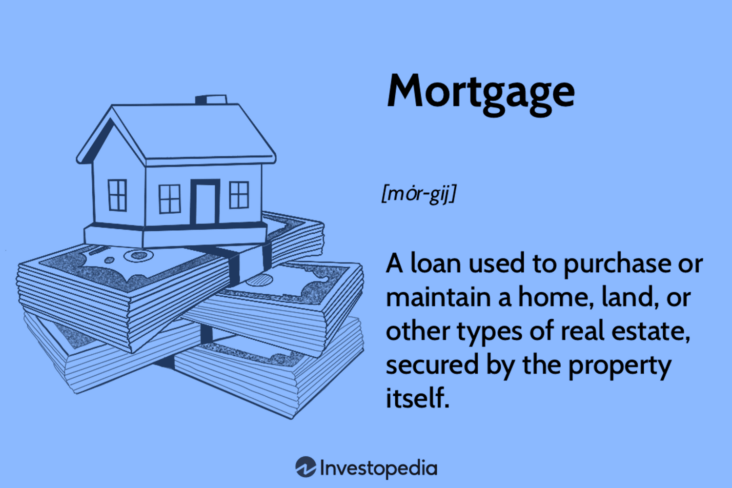Are you looking to buy a home and wondering if you qualify for a mortgage? Buying a home can be a daunting process, but understanding the qualifications for a mortgage can help you know where to start. In this article, we’ll provide an overview of the mortgage qualifications you need to consider before applying for a loan. We’ll also discuss the types of loans available, the documents needed to qualify, and the steps you should take to ensure you’re ready to apply. With this information in hand, you’ll be well on your way to becoming a homeowner!
Understanding Mortgage Eligibility Criteria

Understanding mortgage eligibility criteria is key to ensuring that you qualify for a mortgage. The criteria used to determine a borrower’s eligibility for a mortgage loan will vary depending on the lender, but in general, lenders look at an individual’s credit score, income, debt-to-income ratio, and the amount of money they have available for a down payment. A good credit score is a major factor in determining whether or not you will qualify for a mortgage. Generally, lenders require a minimum credit score of 620 or higher in order to approve a mortgage loan. Your credit score will also determine the interest rate you receive for your loan. The higher your credit score, the better your interest rate will be. Income is also a big factor in determining whether or not you will qualify for a mortgage. Lenders will look at your income over the past two years by reviewing your tax returns and pay stubs. Your income must meet the lender’s criteria in order to qualify for a loan. Your debt-to-income ratio is also important when it comes to qualifying for a mortgage. This ratio compares your total monthly debt payments to your total monthly income. Most lenders require a debt-to-income ratio
What Credit Score is Needed to Qualify for a Mortgage?

Having a good credit score is a key factor in qualifying for a mortgage. Generally, lenders look for a credit score of at least 620 to be eligible for a home loan. However, the higher your score, the better interest rate you may receive. To achieve a good credit score, you should pay your bills on time and use credit responsibly. Additionally, you should also check your credit report regularly to make sure there are no errors or omissions that could affect your score. Finally, if you have a low credit score, it’s important to take steps to improve it before applying for a mortgage. This might include paying down existing debt, disputing any errors on your credit report, and limiting the amount of credit you use. By taking these steps, you can increase your chances of being approved for a mortgage and getting a better interest rate.
Factors That Affect Your Mortgage Eligibility

When it comes to qualifying for a mortgage, there are a number of factors that can affect your eligibility. These include your credit score, debt-to-income ratio, and employment history. Your credit score is a three-digit number that lenders use to assess your financial risk. A good score is generally considered to be over 680, though there are some lenders that will accept lower scores. Your debt-to-income ratio is the amount of debt you have compared to your income, and lenders look at this ratio to make sure you can afford to make your mortgage payments. Finally, your employment history will be taken into account by lenders, as they want to make sure you have the ability to make your payments over the long term. Understanding these factors can help you be better prepared when applying for a mortgage.
Benefits of Choosing a Mortgage Broker

A mortgage broker is a professional who works with multiple lenders to help you find the best rate and terms for your mortgage. Choosing a broker can be beneficial in a number of ways, including access to more competitive rates and terms, convenience and time savings, and more personalized service. When you choose a mortgage broker, you have access to a vast network of lenders. This means that you can compare rates and terms from dozens of lenders, instead of just one or two. This can result in more competitive rates and terms, since the broker can shop around to get you the best deal. In addition, choosing a mortgage broker can save you time and energy. Instead of having to go from lender to lender to compare rates, you can get all of the necessary information from one source. This can be especially helpful if you’re short on time or if you’re not sure where to start. Finally, a mortgage broker offers personalized service. Since you’ll be working with one person from start to finish, you’ll have a chance to get to know them and get your questions answered. This can make the process less daunting and help you feel more at ease. Overall, choosing a
The Mortgage Application Process: Step-by-Step Guide

The mortgage application process can be intimidating, but understanding it is the first step to getting your dream home. Here is a step-by-step guide to make the process as seamless as possible. The first step is to meet with a mortgage lender. You should bring as much information as possible to this meeting, including your financial history, tax returns, and employment records. Your lender will use this information to assess your ability to handle the loan. Next, you’ll need to get pre-approved. This is when the lender reviews your credit score, income, and debts to determine how much you can borrow. The pre-approval letter will also help you shop for homes in your price range. The third step is to fill out a loan application. This document will include your personal information and financial details. Be sure to review it carefully before signing anything. The fourth step is to get an appraisal. An appraiser will visit the home you are considering and evaluate its condition, making sure that it meets the lender’s standards. The fifth step is to submit documents to the lender. These may include proof of income, bank statements, and other documents. Finally




